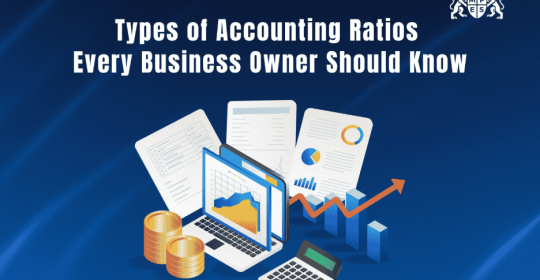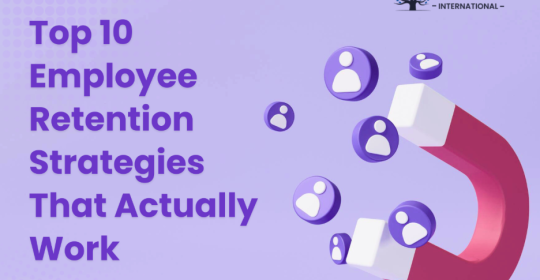When a Recruiter’s livelihood depends on the successful applicant both starting and standing the test of time in their new role, it’s great to see that some recruiters are doing all they can to reduce the risk when making placements, the client relationships and avoiding that dreaded ‘free placement’.
But what is the true cost of a bad hire for a Recruiter?
On his way to getting acquired by Amazon for $1.2bn, Zappos CEO Tony Hsieh famously stated that bad hires had cost the company over $100m, pointing to a ‘domino effect’ within the organization caused by inadequate vetting procedures. More recently the REC research estimated the price of a poor hire at mid-manager level (with an average salary of £42,000) at a staggering £132,015, once related costs for training, replacement, loss of productivity and wider team impact are taken into account. With so much at risk it’s of no surprise that Recruiters often get a bit nervous as placement start dates approach.
Are Recruiters doing enough to check the competency of their candidates?
According to the REC 85% of HR decision-makers admitted that their businesses had made a bad hire, 1 in 5 of these had no idea how much that error could potentially cost the company. In fact, 1 in 3 decision-makers felt that there had been no cost to at all to their employer in making the wrong hire at a manager, director or senior official level.
The cost of mis-hires to UK businesses can be extremely high, and recruitment agencies whose livelihoods depend on delivering effective staffing solutions share in the potential fallout if they lack the processes and resources to guarantee the quality of the applicants they provide.
Elkie Holland of Prospectus IT Recruitment commented: “The Clients invest time, money and trust with the Recruiter, the candidates most likely left a stable job and be captive to a bad situation and so it’s no surprise that it’s the Recruiter that’s left stuck in the middle with no fee, a business relationship in tatters and very little chance of recovery.”
So why is it that so few utilize skills testing platforms to reaffirm their position?
Strengthening Defenses
Just as weighty as the evidence highlighting the risks and costs of a bad hire is the data supporting the benefits of a robust assessment process to complement traditional phone-based and in-person interviews.
Strategy consulting firm the Aberdeen Group reported that businesses using pre-hire assessments are 36% more likely to be satisfied with their new hires, 24% more likely to have a greater percent of employees who exceed performance expectations and 17% more likely to have employees who rate themselves as highly engaged.
They also determined that companies which use pre-hire screenings report a 39% lower staff turnover rate overall.
Key to their research was the observation that fact-based evaluations help mitigate the risk of human error in the hiring process, as well as helping reduce bias:
“Pre-hire screenings provide HR professionals with objective data about candidates’ skills, personalities, cognitive abilities and workplace values. Because they don’t rely on human judgments, they’re also not susceptible to human errors.”
For recruitment agencies, implementing pre-hire tests not only serves to lower risk, but it also creates a valuable differentiator in service provision and provides clients with a genuine value-add. For some companies, this can be the key to securing a greater degree of customer commitment - whether in the form of long-term contracts, RPO engagements or simply embedding themselves more firmly in key accounts.
With increasing sources of information on every applicant and so much at stake if things go wrong, the real question is – can recruitment agencies afford to keep helping clients make bad hires?
To calculate the cost of a bad hire at your firm, use our online calculator.







